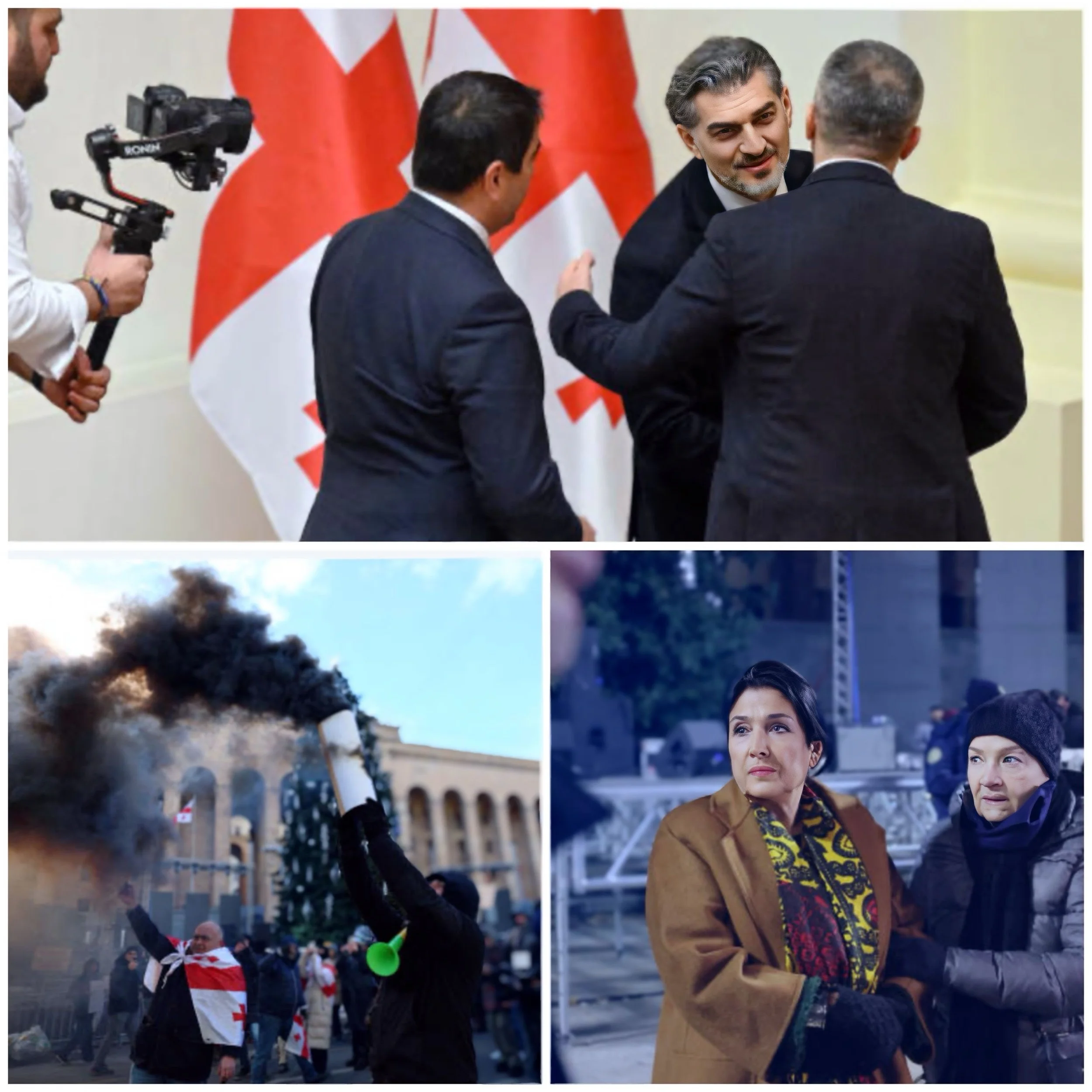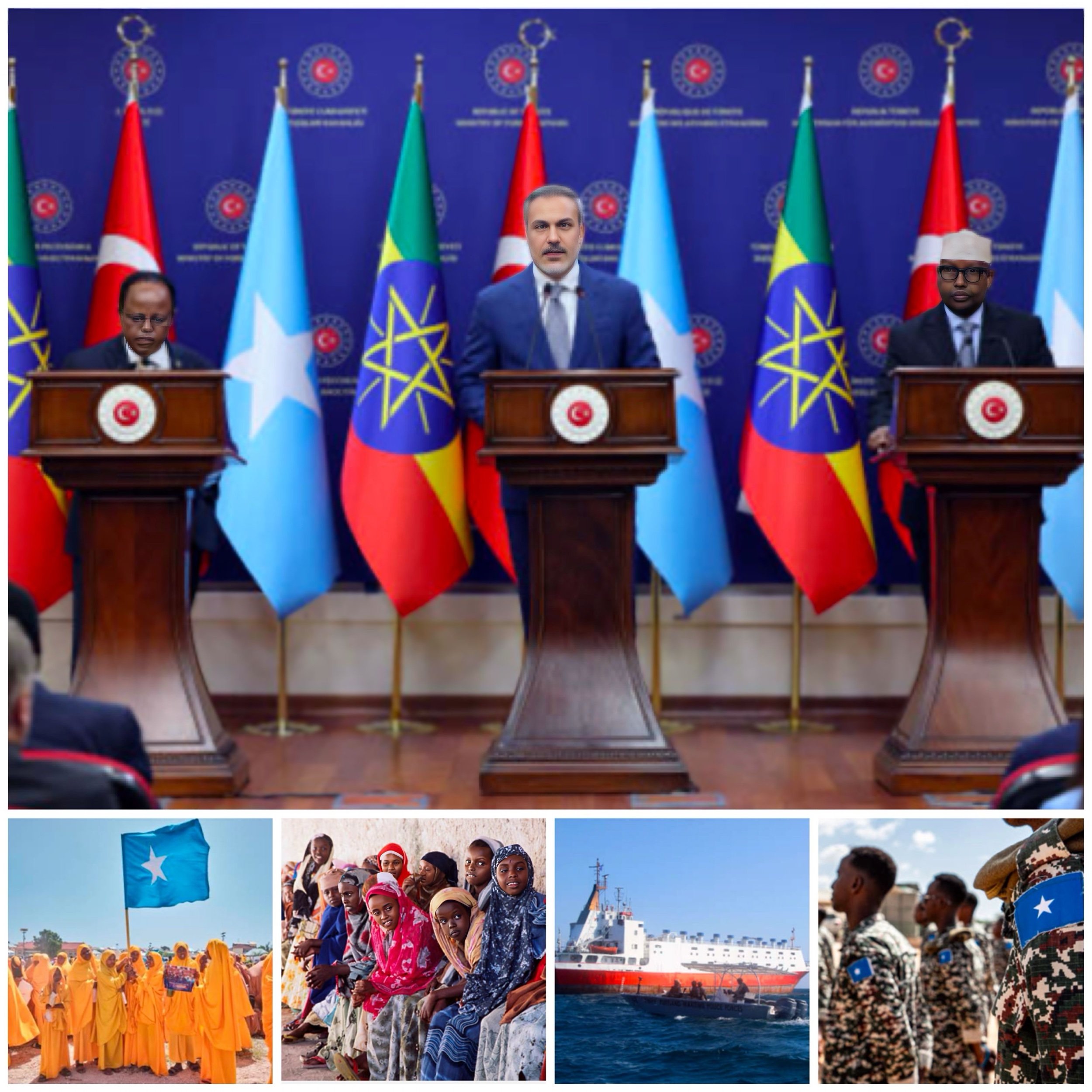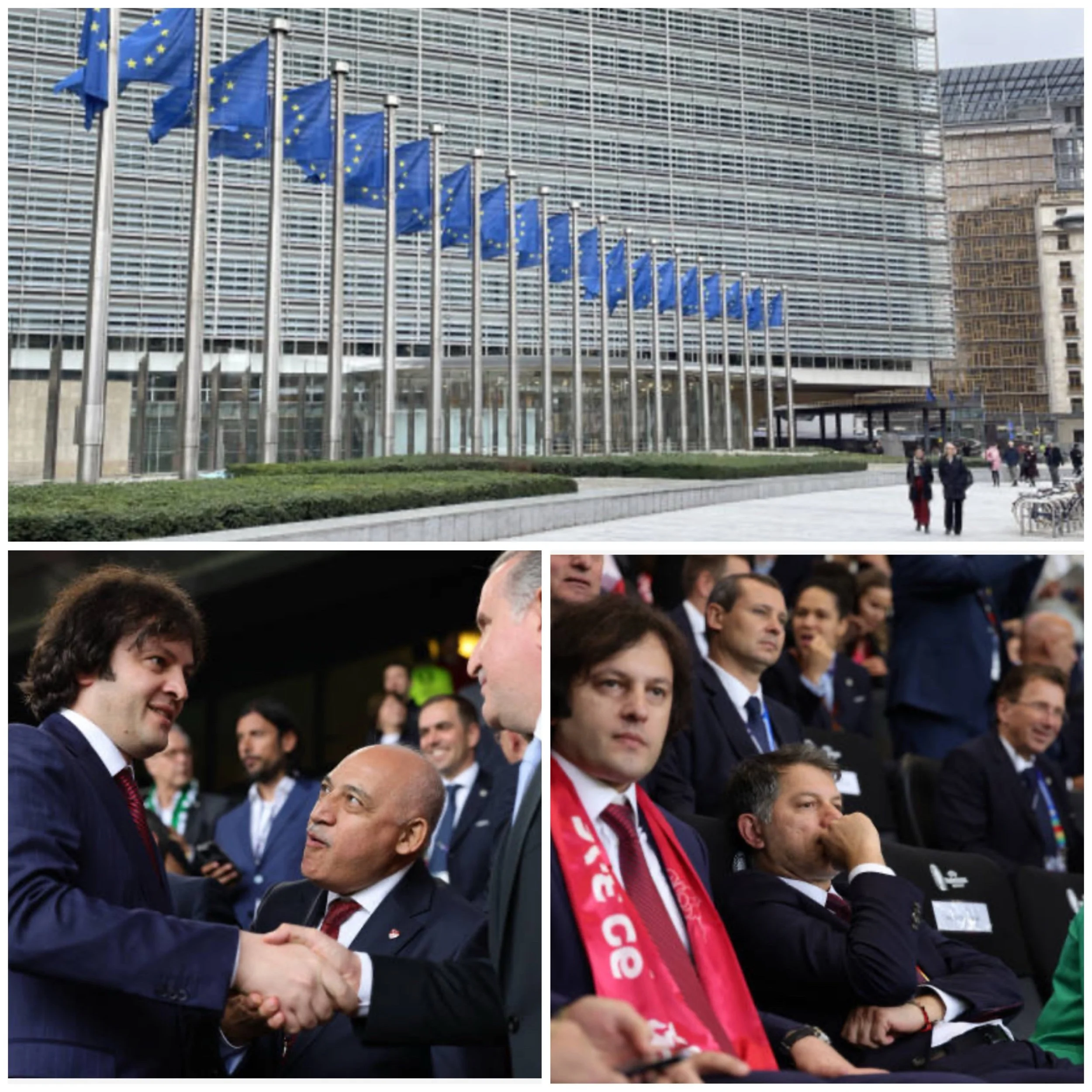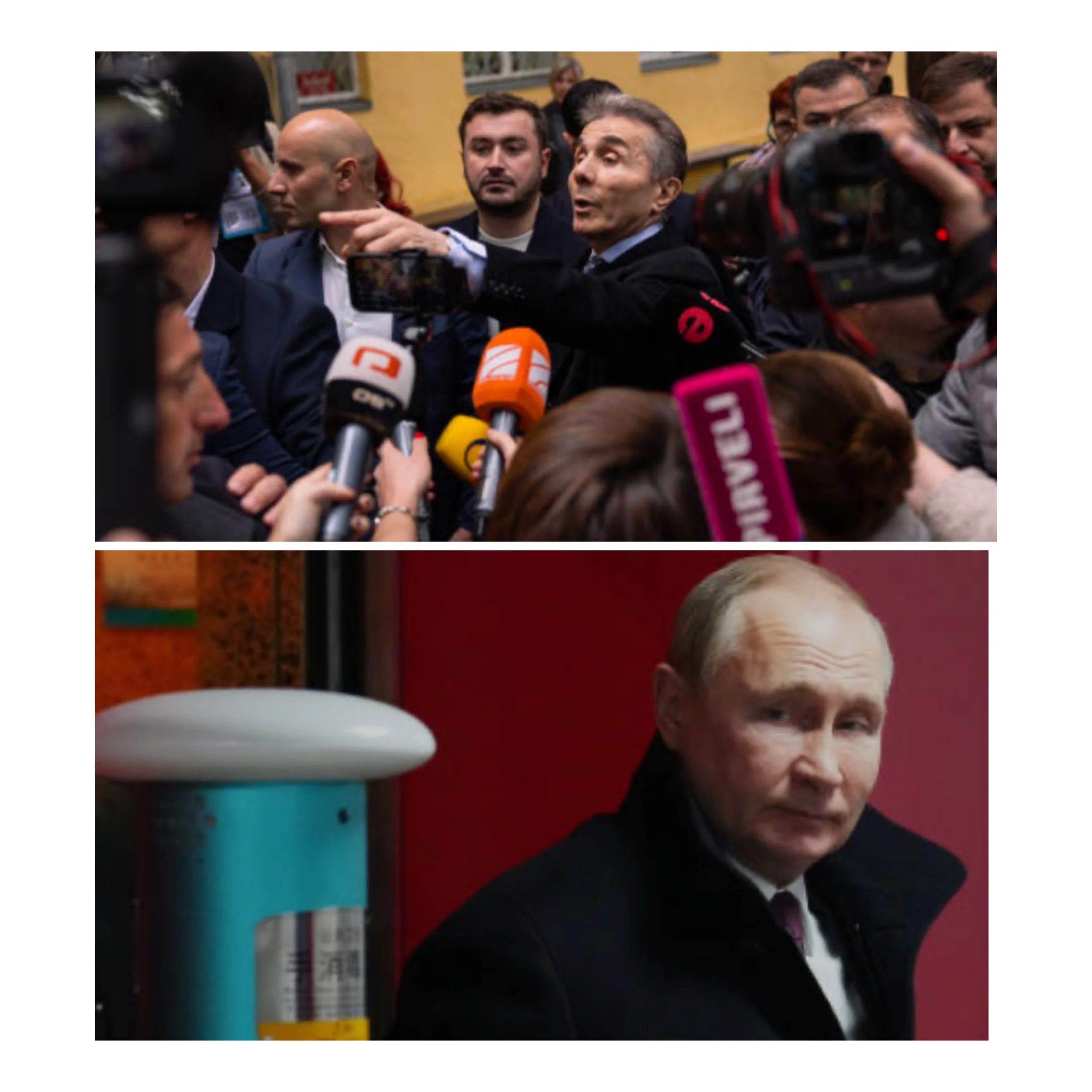What role does the EU play in the current Georgian political crisis
Introduction
The European Union plays a significant role in the current Georgian political crisis, acting as both a catalyst for the unrest and a key external actor influencing the situation. The EU’s involvement can be seen in several key aspects:
Accession Process and Democratic Standards
The EU has frozen Georgia’s accession process and rescinded €121 million in financial assistance, citing democratic backsliding incompatible with European values.
Brussels has demanded that Georgia repeal several Kremlin-style laws, such as the controversial “foreign agents” bill and the “Family Values” bill, which are seen as incompatible with EU membership.
Electoral Oversight and Sanctions
The European Parliament passed a resolution rejecting the outcome of Georgia’s October 2024 parliamentary elections, calling for a new election to be held within one year under international observation.
The EU has called for sanctions on several Georgian high-ranking officials, including Prime Minister Irakli Kobakhidze and oligarch Bidzina Ivanishvili.
Diplomatic Pressure and Support for Protesters
EU foreign policy chief Kaja Kallas has expressed solidarity with the Georgian people and their desire for a European future, condemning violence against demonstrators.
The EU has deplored the repressive actions against protesters, media representatives, and opposition leaders, calling for the immediate release of all detained individuals.
Financial Measures
The EU is reassessing its visa facilitation agreement with Georgia, potentially suspending it if democratic standards continue to erode.
In response to the government’s actions, the EU has announced it will redirect funds that would have gone to the Georgian government to Georgian civil society groups instead.
Monitoring and Investigation
The EU has called for independent investigations into the post-election violence by experts from the Council of Europe and the United Nations.
EU member states are considering using the EU’s Global Human Rights Sanctions Regime to sanction officials responsible for authorizing and carrying out violence against protesters.
Direct Engagement
A delegation from the European Parliament has visited Georgia, marching with pro-EU protesters and meeting with President Salome Zourabichvili, opposition representatives, civil society groups, and the media.
Conclusion
The EU’s role in the Georgian crisis is multifaceted, combining diplomatic pressure, financial leverage, support for democratic processes, and direct engagement with various stakeholders. The EU’s actions and statements have significant influence on both the Georgian government’s decisions and the ongoing protests, making it a central player in the unfolding political drama.






